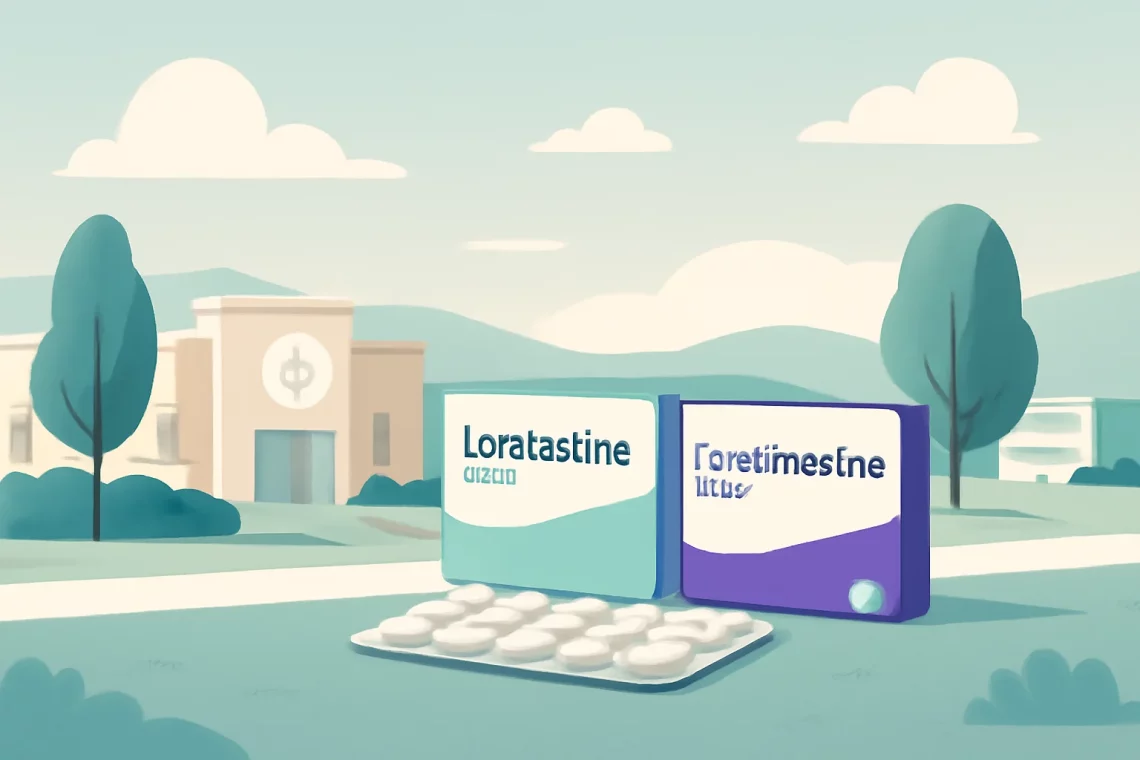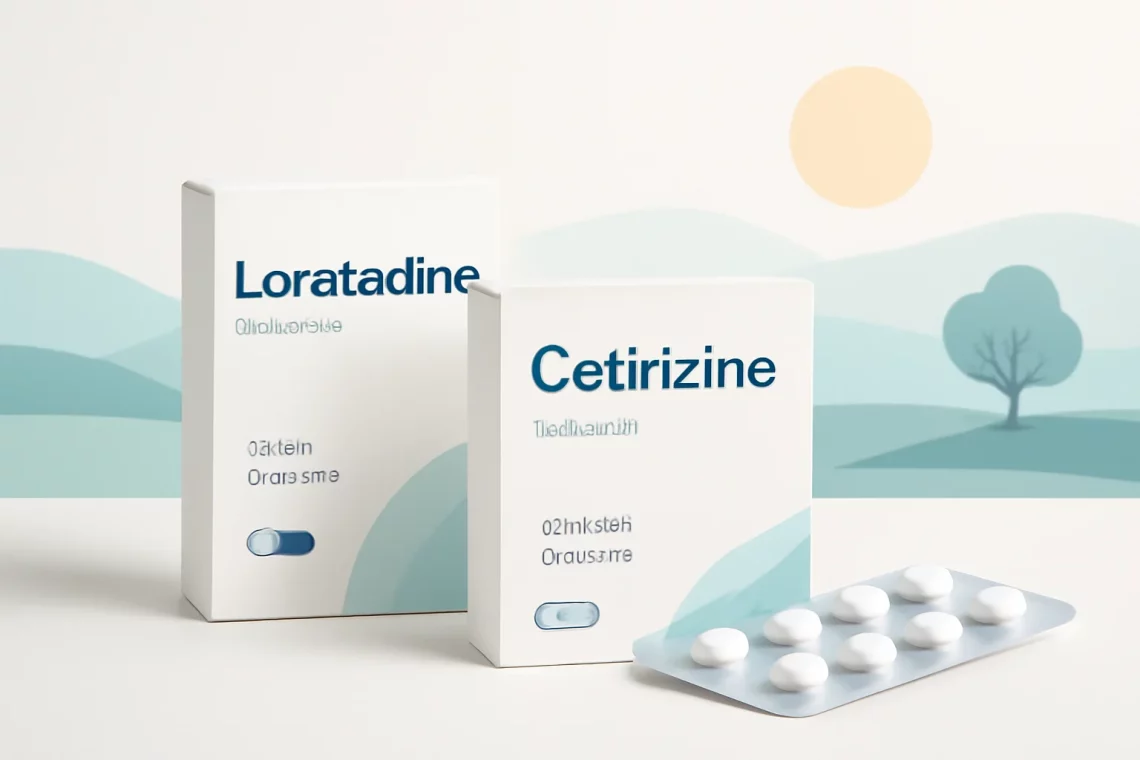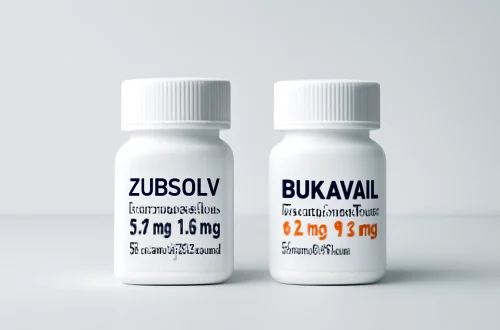-
Loratadine vs Fexofenadine: Which Antihistamine is Right for You?
Allergies are a common concern for many individuals, affecting millions worldwide. As the seasons change, pollen and other allergens become prevalent, leading to a surge in allergic reactions. Symptoms such as sneezing, nasal congestion, and itchy eyes can significantly impact daily life. To combat these discomforts, various antihistamines are available, each with its unique properties and effectiveness. Among the most popular options are loratadine and fexofenadine, both of which are second-generation antihistamines. These medications are designed to alleviate allergy symptoms without causing excessive drowsiness, a common side effect associated with first-generation antihistamines. Understanding the differences between loratadine and fexofenadine is essential for individuals seeking relief from allergies. While both medications…
-
Loratadine vs Cetirizine: Which Allergy Medication Is Right for You?
Allergies can be a nuisance, affecting millions of people worldwide. Seasonal changes, pet dander, dust mites, and various environmental factors can trigger allergic reactions, leading to symptoms such as sneezing, itching, and nasal congestion. As the demand for relief from these symptoms grows, many individuals turn to over-the-counter antihistamines. Two of the most popular options are Loratadine and Cetirizine. Both medications belong to the class of second-generation antihistamines and are commonly used to alleviate allergy symptoms. However, despite their similar purposes, they have distinct differences in their effectiveness, side effects, and usage guidelines. Understanding these differences can help individuals make informed choices about which medication may be more suitable for…
-
Loratadine vs Levocetirizine: Which Antihistamine is Right for You?
Allergies can significantly affect daily life, often leading to discomfort and decreased productivity. As the prevalence of allergic conditions continues to rise, effective management through medication has become a priority for many individuals. Among the most commonly prescribed antihistamines, Loratadine and Levocetirizine are frequently considered options for alleviating allergy symptoms. These medications serve as first-line treatments for allergic rhinitis and other allergic reactions, but they differ in several key aspects, including their chemical structure, efficacy, side effects, and dosage recommendations. Understanding these differences is essential for patients and healthcare providers alike, as it can guide them in making informed decisions regarding the most suitable treatment option. As we delve into…
-
Loratadine vs Claritin: Key Differences You Should Know
Loratadine and Claritin are terms often used interchangeably in discussions regarding the management of allergy symptoms. For many, particularly those suffering from seasonal allergies or allergic rhinitis, understanding the nuances between these two names can be critical in making informed decisions about their health. As a second-generation antihistamine, loratadine has gained popularity for its effectiveness in alleviating allergy-related symptoms such as sneezing, runny nose, and itchy eyes. However, Claritin, which is a brand name for loratadine, has also carved out a significant place in the market, leading to some confusion among consumers about their differences. The landscape of allergy medications is vast, with countless options available that promise relief from…















